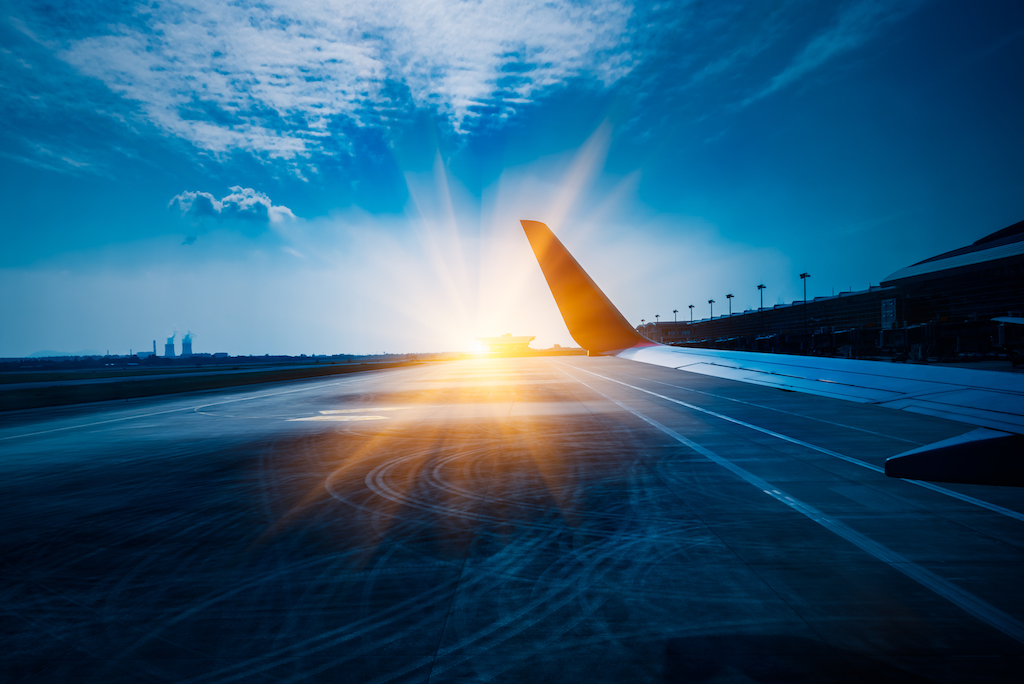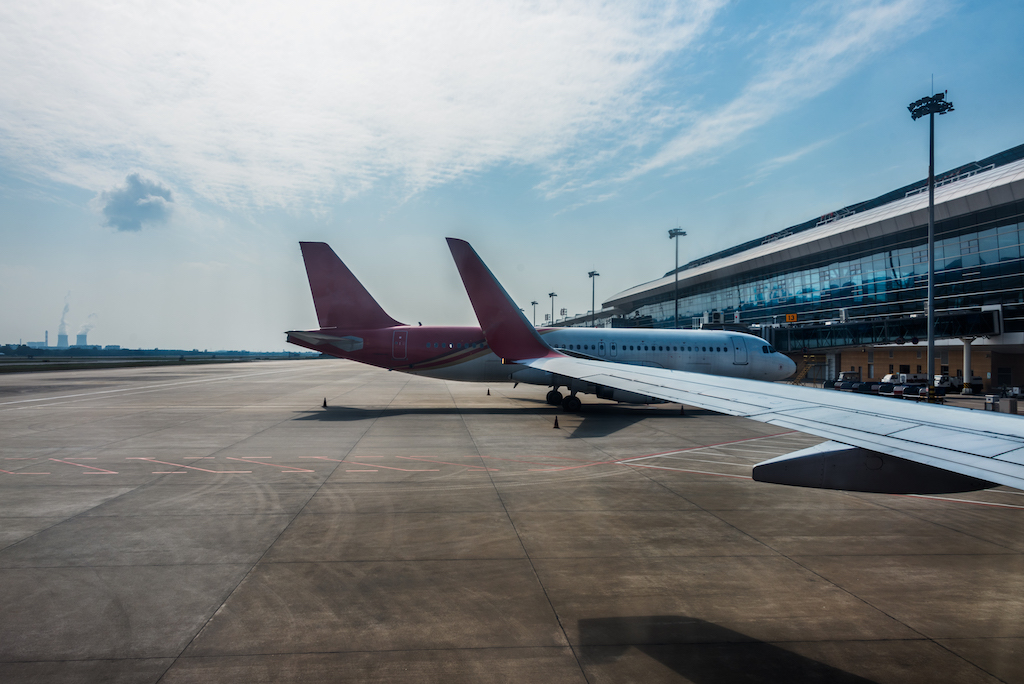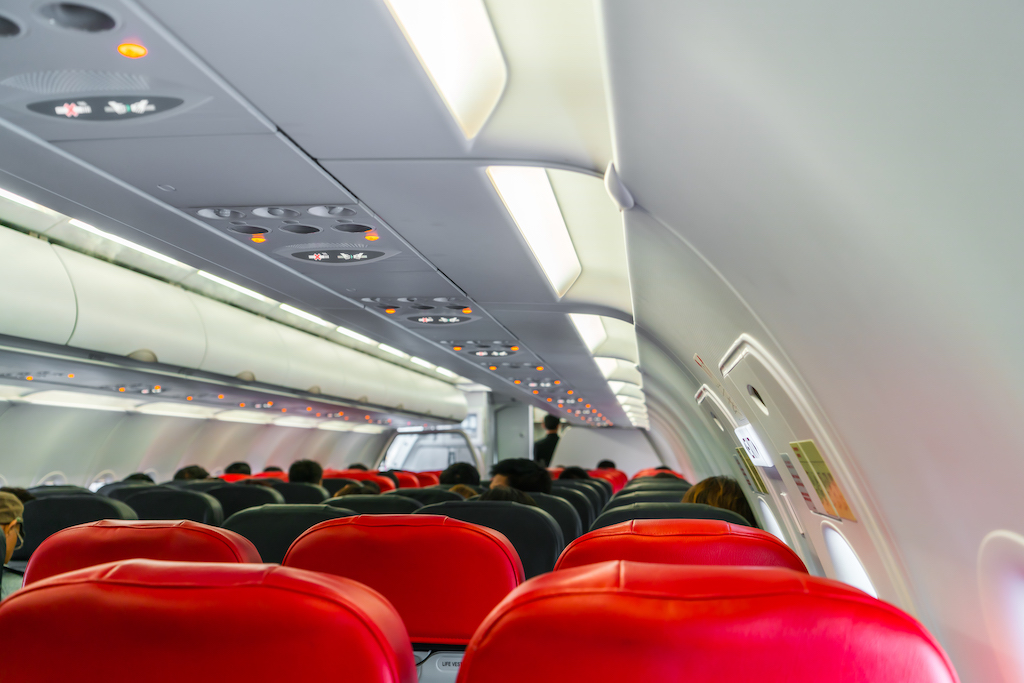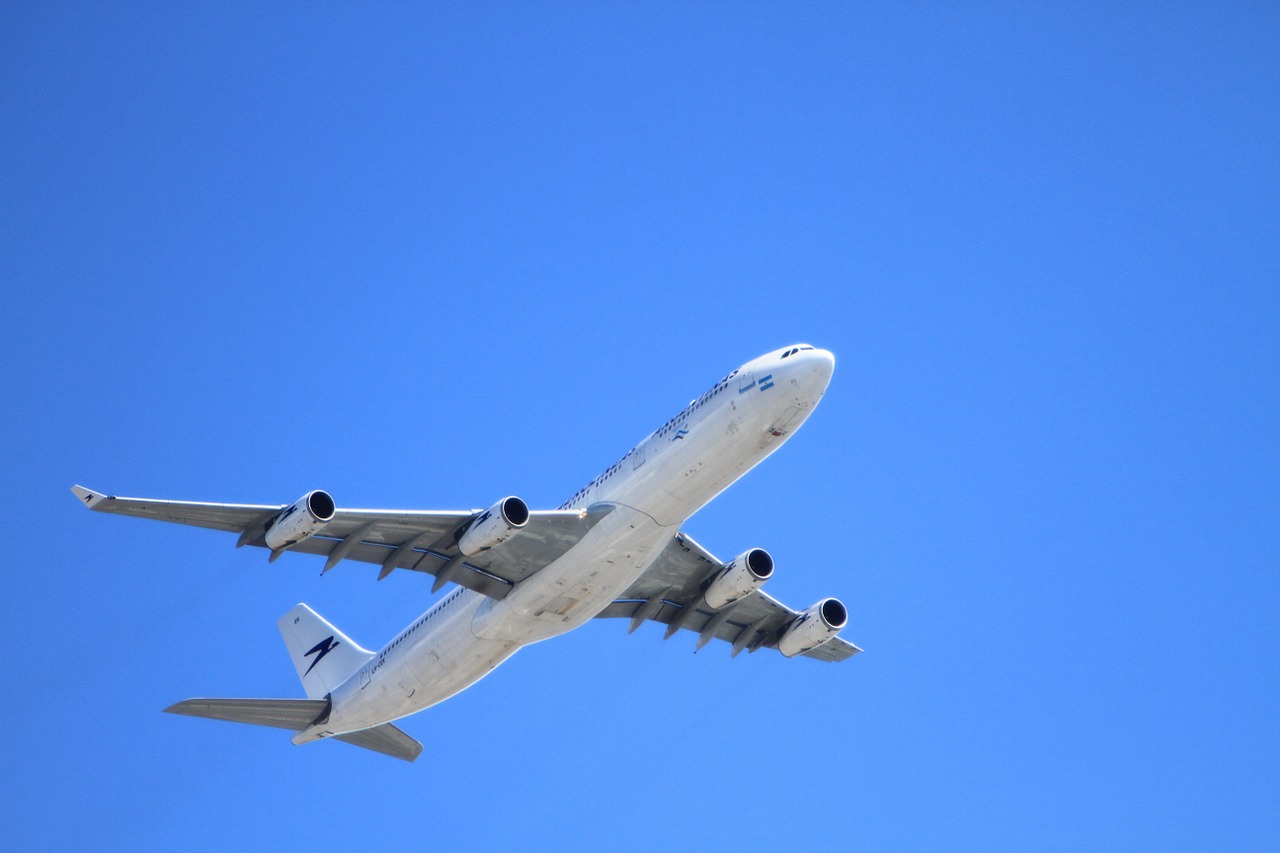10 commandments of flight safety, which could be useful for any organization

Designed by fanjianhua / Freepik
In the article "How a plane crash can improve the analysis of fakapov in IT" the author raised an interesting topic of methods and means of organizing flight safety. In particular, the principles of solution without blame, SWOB ("decision without charges") were listed. In addition to this article, I would like to cite an excerpt from the book of Professor I.S. Shumilova “Aviation accidents. Causes and possibilities of prevention ”, in which the author refers to the so-called. "10 commandments of flight safety" and comments on each of them.
Under the cut quote from the book.
There are regulations, rules and regulations that increase flight safety. However, they are not able to completely prevent accidents, and in the absence of ensuring their implementation remain virtually useless. In connection with the rapid development of aviation in Flight International magazine (1981, May 30), curious ten commandments of flight safety were published. Here are excerpts from them.
')

Designed by fanjianhua / Freepik
The first and most important commandment: "You should not have other gods besides security"
Safety is first and foremost, and this should be recognized by all airline personnel, including management.
Vice-President for Flight Safety, United Airlines Captain J. D. Smith summed it up in the following words:
A well-established security case is the task of the staff. A bad security situation is the fault of management. If security is low, I highly recommend getting through the manual.
The second commandment: "When you fly on an airplane, do not forget about your work"
Taking on more and more of the human functions, automatic systems tend to minimize the responsibility of the pilot.
If you ask an experienced commander to name the most important problem in the cockpit of today, nine chances out of ten for what he calls “Complacency”.
The rules for performing standard operations should not turn the crew into programmed button presses, from which it is expected that everything will always be exactly the same as it was on the simulator, and whose flight skills fail in those unforeseen critical situations that only real exploitation.
Therefore, piloting basics and the right skills should be instilled from the first hours of training, assimilated and consolidated in practice.
It is necessary to teach healthy distrust and suspicion of automation, as well as self-examination. Why is this necessary? Self-analysis is a good habit. If you make a mistake or lose a program of action in an unpredictable situation, then it is more likely that you will be able to recover from good skills than from bad habits. The art is to follow the rules of standard procedures, mainly related to the recommendations of the manufacturer, not forgetting how to fly the plane.

Designed by fanjianhua / Freepik
The third commandment: "Be sure to investigate your flight accidents"
Real exploitation has a unique ability to generate errors that the designer couldn’t even think of. C.O. Miller, former director of aviation safety at the National Transportation Safety Committee (USA), said:
The complexity of modern technology is such that there can not be a specialist who could predict all operational errors. The role of reports of flight accidents and defects is to detect these errors before they lead to an accident.The fundamental task of the air crash reports is to determine the difference between what pilots, engineers, and air traffic controllers were supposed to do according to system designers, and what they did in reality. The problem is to get people to report flying accidents, especially in the case of significant safety accidents.
Fear of humiliation or punishment can seriously suppress such messages.
It has been established that the procedure for passing accidents reports through an intermediary increases their number and quality. This procedure takes away the “fear of responsibility” of personnel and contributes to the safety of flight. In airlines, the safety officer can play the role of mediator.
Let us assume that an accident is ten simultaneously manifested factors, and a flight incident is nine manifested factors. They differ from each other, like life and death. If, with the help of a flight accident investigation, we can determine the basis — the “nine bad” factors — then we can ensure that at least one of them does not become the tenth link leading to the catastrophe.
The fourth commandment: "Do not blame for mistakes and do not punish for recognition"
Censure is the mortal enemy of security. For many emergency cases, the reason was censure, because, as we saw when discussing the third commandment, workers would not report their mistakes if they assumed they would be punished.
Let, for example, the crew commander, preoccupied with family problems, flew two lighthouses VOR. Should he report his mistake? Only a good accidents reporting system will allow the perpetrator of such unprofessional behavior to admit mistakes without fear of accusation.
We need precisely such a system, and not a system in which people who have committed mistakes will be subjected to a reprimand or a disciplinary action for mistakes in which they themselves have confessed.
By the way, in the book of Ishikawa Kaoru "Japanese methods of quality management" (M., 1988) there is a special section "Why are subordinates not inclined to tell the truth?". It says:
1. Unreasonable orders of the management.All of the above is directly related to the people in the flight work system.
2. The severity and anger of the leadership.
3. An annoying leadership intervention in the work performed.
4. Management’s concealment of reliable information from subordinates.
5. The inefficiency of the system for assessing the quality of labor of workers.
6. The constant desire of leadership to blame the subordinates.
7. Instead of help and advice only orders and punishments.
Fifth Commandment: "Honor Your Instructor Pilots"
The selection of the best flight instructors is the basis of safety (especially for fast-growing airlines) and is one of the most important leadership functions.
What qualities influence the choice of a good instructor? Whoever he teaches - the cadets of the flight or aviation-technical school, his basic qualities should be, besides competence, patience and sympathy, since it is erroneous for a student to err.
The best instructors have an analytical and inquisitive mindset. It is important for the student to say not at all what he is doing badly and what exactly he is doing badly.
Self-analysis and curiosity are the basics of good flying skills, and therefore people who have these qualities themselves can teach flying skills.
Another quality of the instructor is the desire to cope with work that starts sometimes at 6 am on a very busy simulator, which is not as light and highly paid as those of pilots who perform scheduled flights. Therefore, top management should take into account the desire of a person to work and other motivations when choosing pilots-instructors.
The sixth commandment: “Honoring the leaders of technical services of airlines”
The technical leaders of fast-growing airlines are under great pressure. They do not sit at a large writing desk littered with papers, but are on the scene of action - in hangars and workshops.
The Seventh Commandment: “Honor Your Salon Personnel”
In six out of ten aviation accidents, some of the passengers survive, with 30% of people having time to evacuate from the plane. This is explained by the fact that most of the accidents occur at relatively low speeds during takeoff and landing, and also because the aircraft became much larger and more resistant to impacts than before (the calculated overload of seat anchorage and seat belts is increased from 9 to 16 g) .
In most emergency cases, the life or death of passengers depends on cabin personnel.

Designed by jannoon028 / Freepik
Training of personnel for evacuating passengers from an aircraft crashed is particularly difficult, since it is impossible to simulate the terrible accident conditions. In the salons of modern aircraft used plastics that burn at a temperature of 1000 ° C, emitting thick black smoke containing a poisonous gas such as hydrogen cyanide.
The salon staff is something more than pretty faces and figurines in exotic clothes. They represent the leading edge of safety during accidents in which passengers are still alive, and it is these accidents that make up the majority of these accidents today.
The eighth commandment: "Remember that you support the sacred principle of deserving"
Not seniority, and merit should determine the official position and privileges.
The dramatic application of the rule of seniority is incompatible with efficiency for almost any community, and for the airline this rule works against safety. Seniority rules on experience destroy the merit principle on which security depends.
The ninth commandment: "Do not speak the wrong English"
English is the language of international aviation.
We must ensure that not only people for whom non-native English is spoken correctly in English in the interests of good communication and, therefore, in the interests of security, but also those for whom native English is also spoken correctly.
The commander of the ship of the Spanish airline says:
I can tell you that everyone will understand what the dispatcher says in English, whether he is French, German, Dane, Spaniard, Finn or Chinese. But I regret to add that sometimes I cannot understand what English, American or Canadian controllers say to their pilots (slang-filled language).

The tenth and last commandment: "Desire your neighbors zero accident statistics, like yourself"
In the near future it is planned to introduce more stringent requirements for licensing of pilots, operation and maintenance of aircraft, optimization of flight routes; constantly publish a black list of airlines that have a large number of flight accidents and bring it to the attention of passengers.
Source: https://habr.com/ru/post/430158/
All Articles